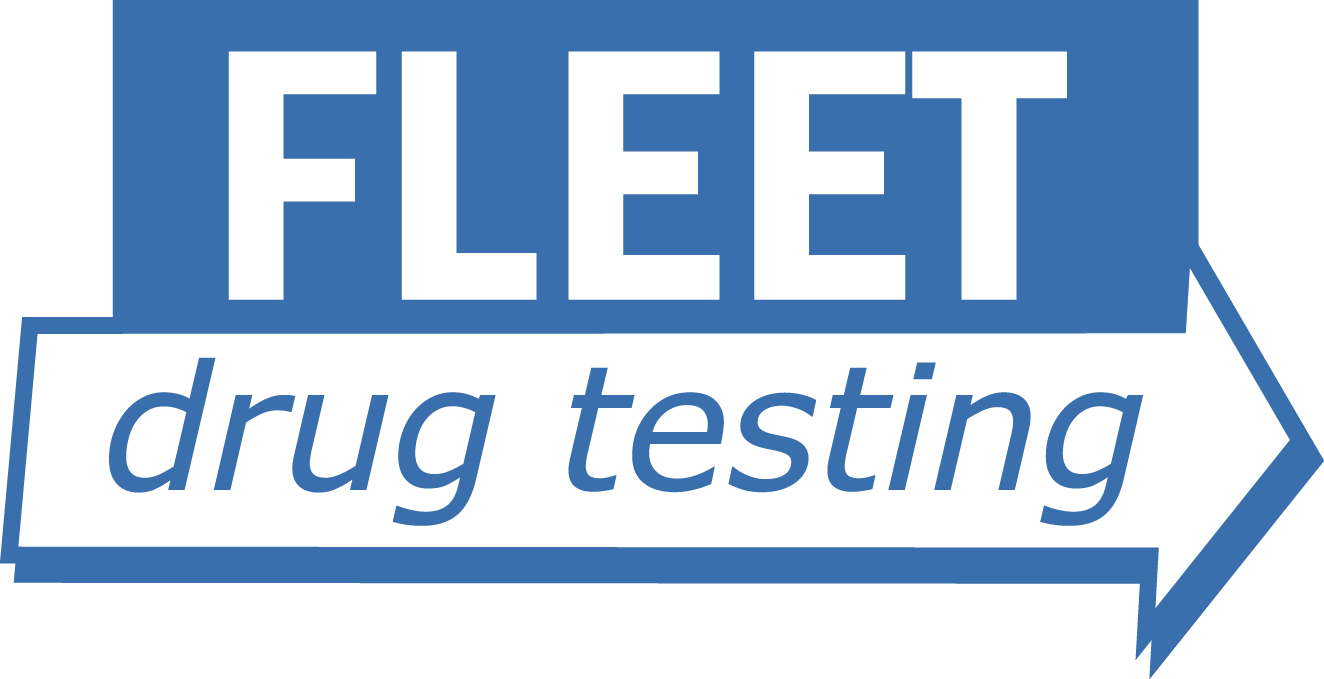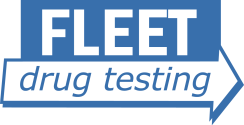It’s not complicated: a positive drug test result is one where certain levels of banned substances are found in your sample. While truck drivers and other safety-sensitive employees are required to be drug tested under DOT regulations, guidelines have certain “cutoff levels” for each substance. Still, failing to meet these levels and testing positive can have a huge impact on your career.
At Fleet Drug Testing, we can answer any questions you may have regarding DOT and FMCSA regulations. Our experienced professionals also provide drug testing solutions, making sure you or your company can stay above-board. To get started, contact us today or check out our programs here.
What Are the Cutoff Levels on a DOT Drug Test?
As you might expect, the DOT mandates drug and alcohol testing to guarantee that employees in safety-sensitive roles, such as those responsible for driving vehicles or managing hazardous materials, don’t perform their duties while under the influence of certain substances. Currently, only five substances are tested for, and the DOT has specific cutoff levels–or amounts that are allowed to be in your system:
- Marijuana (THC) – The cutoff level for marijuana metabolites (THC-COOH) is usually set at 50 nanograms per milliliter (ng/mL).
- Cocaine – The cutoff level for cocaine metabolites is typically 150 ng/mL.
- Amphetamines – This includes substances like amphetamine and methamphetamine. The cutoff level for amphetamines is usually 500 ng/mL.
- Opioids – The cutoff level for opioids, such as heroin and morphine, is often 2000 ng/mL. However, some DOT tests use a lower cutoff level of 300 ng/mL for codeine and morphine.
- Phencyclidine (PCP) – The cutoff level for PCP is typically 25 ng/mL.
So, under DOT regulations, having levels above these numbers of particular substances is going to result in a positive test. While there are certain procedures in place, ultimately you’re going to need to know what to do if and when you do test positive.
What Happens if You Test Positive on a DOT Drug Test?
Obviously, testing positive can have significant consequences for drivers and others. Beyond the immediate impact of taking time off work, which can lead to financial strain, a positive result can hurt your reputation as a safe driver and also impact your employer’s standing if you work for a company. Understanding the consequences of a positive drug test result can serve as a valuable deterrent for you and your fellow drivers. Here’s an overview of what happens when you test positive on a DOT drug test:
- Removal from safety-sensitive duties – If you’re a safety-sensitive employee like a truck driver, you’ll likely be immediately suspended from your duties and prohibited from performing safety-sensitive functions until you complete the return-to-duty process.
- Required evaluation – You’ll be mandated to undergo an evaluation by a substance abuse professional (SAP), who will assess your drug use and recommend treatment or education.
- Return-to-Duty testing – Before you can resume safety-sensitive duties, you must pass a return-to-duty drug test and receive a negative result. Additionally, you might be subject to follow-up testing for up to five years after your return to duty.
- Disciplinary action – While DOT regulations prescribe certain steps for your reinstatement, your employer may have its policies that allow for disciplinary actions when an employee tests positive for drugs or alcohol. This can include suspension or, in some cases, termination.
- Loss of operating authority – Your employer could face fines and a loss of operating authority if they fail to comply with DOT drug and alcohol testing regulations due to your positive test result.
Failing a drug test can have far-reaching consequences. In the short term, you may experience at least a suspension of your Commercial Driver’s License (CDL), resulting in a loss of income and benefits. In the long term, it can negatively impact your career and reputation, and may even lead to legal repercussions if your drug use factors into an accident or injury. Therefore, it’s crucial to stay aware of these requirements and avoid behaviors that could lead to a failed test.
When Are You Drug Tested Under DOT Regulations?
While DOT drug testing regulations are strictly mandated and controlled, when you and other safety-sensitive employees are actually tested is quite clear. On top of return-to-duty testing if you test positive, drug testing occurs at the following intervals:
- Pre-employment testing – Before a safety-sensitive employee is hired, they must undergo drug and alcohol testing. A negative test result is a prerequisite for employment.
- Random testing – Safety-sensitive employees are subject to random drug and alcohol testing during their employment. The frequency of testing is determined by the DOT, and employees are obligated to participate without refusal.
- Post-accident testing – If a safety-sensitive employee is involved in an accident, they must undergo drug and alcohol testing within a specified time frame after the incident.
- Reasonable suspicion testing – When a supervisor suspects that an employee is under the influence of drugs or alcohol, they can request the employee to undergo testing.
- Follow-up testing – Employees with a history of positive tests must undergo follow-up testing. The substance abuse professional determines the frequency and duration of this testing.
All DOT drug and alcohol test results are reported to the DOT Drug and Alcohol Clearinghouse. This database tracks safety-sensitive employees’ testing history to ensure DOT compliance. Thus, it’s very difficult to escape a positive result. If you’re a driver or employee, the best course of action is to do everything you can to comply with these drug tests.
Contact Fleet Drug Testing Today
Following DOT drug testing regulations is crucial for your continued success in the transportation industry. At Fleet Drug Testing, our programs are designed to keep you well-informed about DOT regulations, making sure you have what you need to keep your business moving. Contact us today to get started or explore our programs to discover the best match for your needs.

